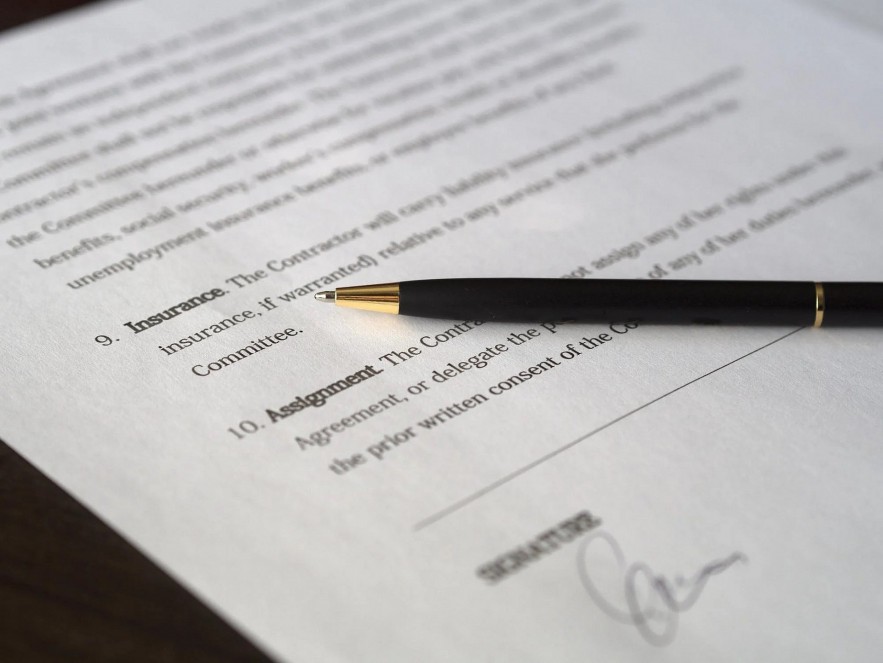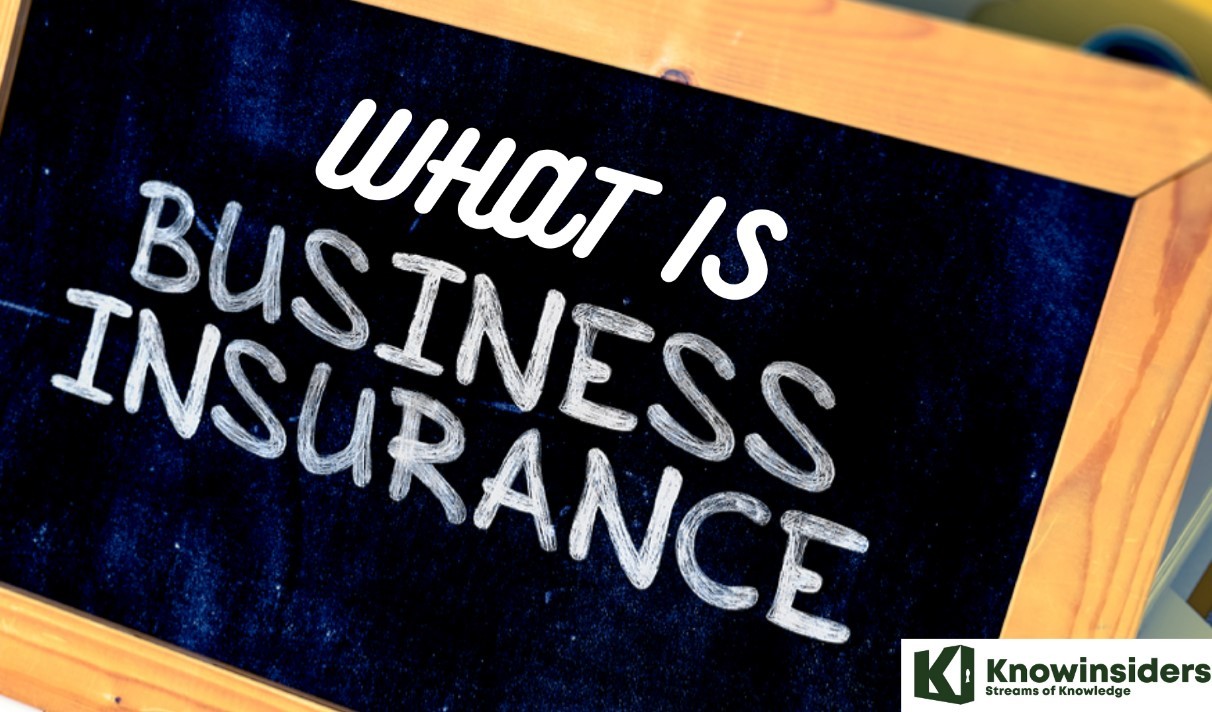Choosing the Appropriate Business Insurance: Determining the Right Plan for Your Needs
 |
| Choosing the Appropriate Business Insurance |
According to statistics, over 33.1 million small businesses operate in the United States, providing jobs to 61.7 million Americans. This impressive figure highlights the vital role that adequate insurance coverage plays, impacting not only individual businesses but also the broader economic landscape.
Selecting the right business insurance transcends regulatory compliance; it's a strategic decision crucial for the stability and sustainability of any enterprise. Insurance plans offer protection against unforeseen disasters and ensure financial resilience during challenging times.
In this post, we’ll demystify the complexities of choosing a suitable insurance plan, offering insights tailored to the unique needs and contributions of your business in this substantial sector of the economy.
Understanding the Different Types of Business Insurance
One of the primary forms of business insurance is property insurance, which is critical for safeguarding your commercial property. Whether it's a natural disaster, theft, or other unforeseen events, having your physical assets protected is non-negotiable. Imagine the reassurance of having insurance on your commercial property and knowing your workspace and the equipment within it are covered against such risks.
Moving beyond property, liability insurance emerges as another cornerstone. This coverage is vital for protecting your business against lawsuits or claims that might arise from injuries or damages caused to others. This could range from a customer slipping in your store to a defective product causing harm.
Similarly, workers' compensation is an indispensable part of your insurance portfolio if you have employees. It covers medical costs and lost wages for work-related injuries and illnesses, ensuring both you and your employees are protected.
For businesses involved in manufacturing, selling, or distributing products, product liability insurance is a must. It addresses claims related to damages caused by your products, a safeguard that's crucial in today’s litigious society.
Assessing Your Business Needs
To select the right insurance, start by assessing your business size and nature. Consider the physical location, potential liabilities, and the type of goods or services offered. A small home-based business won't need the same level of coverage as a large manufacturing firm. Include factors like employee numbers, annual revenue, and industry-specific regulations in your assessment.
Next, conduct a thorough risk assessment. Different industries have unique risks. For instance, a tech company may be more concerned with cyber liability, while a restaurant might focus on fire and safety hazards.
The role of financial considerations is crucial in shaping your decision-making process. While the temptation might be to go for the cheapest option, it's important to balance cost with the level of coverage you genuinely need. Under-insuring can be as detrimental as not having insurance at all.
Comparing Insurance Providers and Plans
Once you understand your needs, it’s time to research insurance providers. Factor in the insurer's financial stability and history of claim settlement. Look for companies with strong reputations and read reviews from other business owners. Assess the customer service quality and the ease of filing claims. Understanding the specifics of each policy is crucial; pay close attention to what is and isn’t covered, including the details about exclusions and deductibles.
However, interpreting insurance jargon and the fine print can be challenging. Seek recommendations from industry peers or business associations for reliable insurance providers. A good advisor can help tailor a plan to your specific industry needs. Consulting with an insurance broker or legal advisor can provide clarity and ensure that the plan you choose aligns with your business needs.
Customizing Your Insurance Plan
After narrowing down your options, consider whether bundling different types of insurance with the same provider might be beneficial. Often, this can lead to cost savings and simpler management of your policies. However, ensure that this doesn’t lead to compromises on coverage quality.
Determining the right coverage limits is a delicate balance. Reflect on your business's specific needs to decide how much coverage is enough. While over-insuring results in unnecessary costs, under-insuring leaves your business vulnerable.
A vital aspect often overlooked is the need for regular reviews and updates to your insurance plan. As your business grows and evolves, so too should your coverage. This guarantees that your insurance continuously matches your changing business landscape.
 |
| Selecting the right business insurance plan |
Final Thoughts
Selecting the right business insurance plan is a fundamental aspect of running a successful business. It provides a safety net that allows you to operate with peace of mind, knowing that you’re prepared for the unexpected. By understanding the different types of insurance, assessing your specific needs, comparing providers, and customizing your plan, you can ensure that your business is adequately protected.
Remember, being proactive about your business insurance is not just about safeguarding your current assets but also about securing your business’s future.
 Top 10 Best Life Insurance Companies In The US with the Cheapest Quotes Top 10 Best Life Insurance Companies In The US with the Cheapest Quotes Which ten insurance providers in the United States offer the lowest premiums and the highest quality of service? |
 Term Life Insurance: A Comprehensive Guide Term Life Insurance: A Comprehensive Guide A well-liked and inexpensive insurance choice that offers monetary security for a predetermined time frame is term life insurance. |
 Switching Car Insurance Companies: Best Tips to Follow Switching Car Insurance Companies: Best Tips to Follow If you own a car, you most likely have car insurance. But what if you discover an insurance provider that provides cheaper premiums, superior services, ... |
























